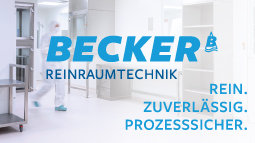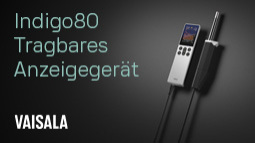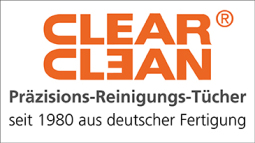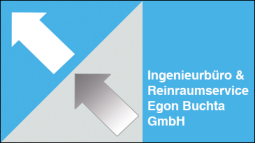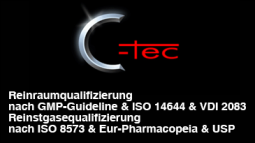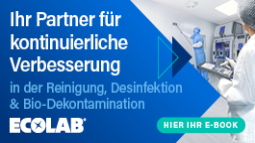- Planning
Artificial Intelligence
Syntegon validates first AI-equipped visual inspection system in production line
- Software, technology, and validation expertise are key to AI in pharma
- Significantly higher particle detection rates and lower false reject rates
- World-first syringe inspection machine with AI successfully validated in a customer’s production line
Syntegon Technology recently installed the first fully validated visual inspection system utilizing Artificial Intelligence (AI) in an automated inspection machine. The installation constitutes a major step in the company’s sustained effort to introduce AI to pharmaceutical visual inspection, thereby exploring largely uncharted territory in the industry. “We are proud to announce this important move, which is the joint result of long-standing visual inspection expertise, solid software and pharmaceutical validation competence, courage to cross boundaries, and an excellent partnership with our customer,” says Dr José Zanardi, responsible for vision inspection development and applications at Syntegon.
The benefits of Deep Learning
As one of the most challenging stages in the pharmaceutical manufacturing process, inspection requires ever more sophisticated visual systems to process increasingly complex products. “Especially for high-cost pharmaceuticals, every single false reject is one too many,” Zanardi says. AI applications have the potential of further increasing detection rates and decreasing the number of false rejects in difficult products like highly viscous parenteral solutions with air bubbles, which are sometimes hard to differentiate from harmful particles. AI utilizes Deep Learning algorithms which are capable of accurately identifying recurring patterns and deviations.
“A growing number of Deep Learning vision applications are already on the market. Our task was to adapt those applications for pharmaceutical purposes, which essentially also includes validation,” Zanardi explains. In fact, thanks to thorough in-house software and visual inspection expertise, Syntegon was able to develop a solution that only requires moderate modifications to the already existing vision systems. The company leads the field with over 40 years of experience in the development and manufacture of visual inspection machines, covering a wide array of manual, semi-automated and fully automated solutions for all liquid pharmaceuticals and container types.
First successful installation
After starting with the AI development in 2017 and performing a large number of tests, Syntegon recently installed its first AI-equipped visual inspection system in a fully automated and validated machine in a customer’s production line. Amgen, one of the world’s leading biotechnology companies, uses the system to reliably distinguish air bubbles at the syringe’s rubber stopper from foreign particles, where conventional vision technology often mistakenly identifies safe products containing bubbles as defective. “This challenging project required a lot of dedication and expertise. In cooperation with Syntegon, we have implemented the world-first syringe inspection machine with AI and underline our market position, both in biotechnology production and in technology,” says Manuel Soto, Principal Process Development Engineer at Amgen.
In this customer project, Syntegon’s AI-based vision system was able to increase the particle detection rate by 70 percent, while reducing the false detection rate by 60 percent (average values in a particular inspection station). “We are very happy that our new technology is able to contribute to higher safety and production efficiency of injectable drugs,” Zanardi says. Backed by this success, Syntegon is set to implement AI in further inspection machines for different products and container types, thus contributing to the production of safe and reliable pharmaceutical products worldwide.
![]()
Syntegon Technology GmbH
Blaufelder Straße 45
74654 Crailsheim
Germany
Phone: +49 7951 4020
email: packaging-ph@syntegon.com
Internet: http://www.syntegon.com
